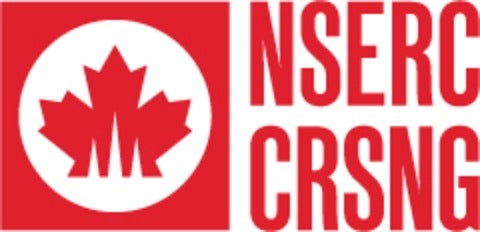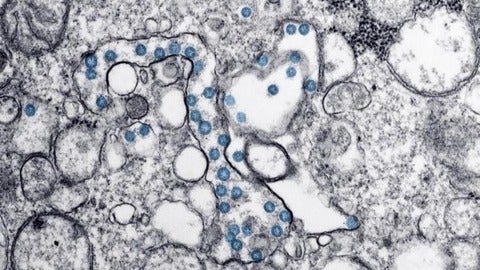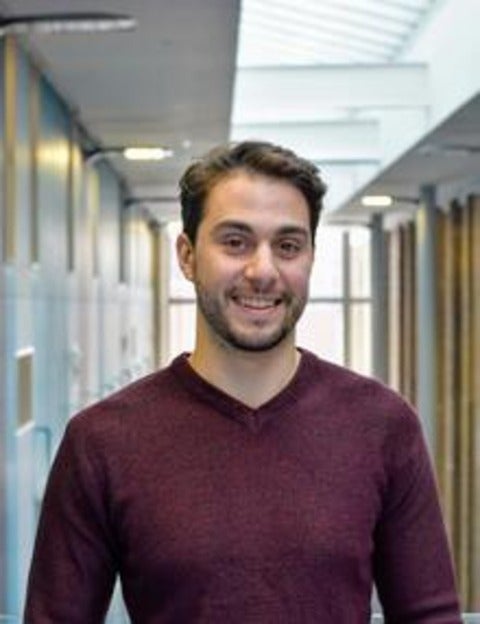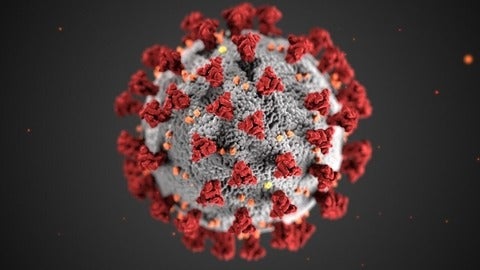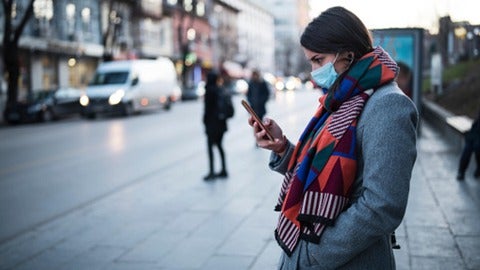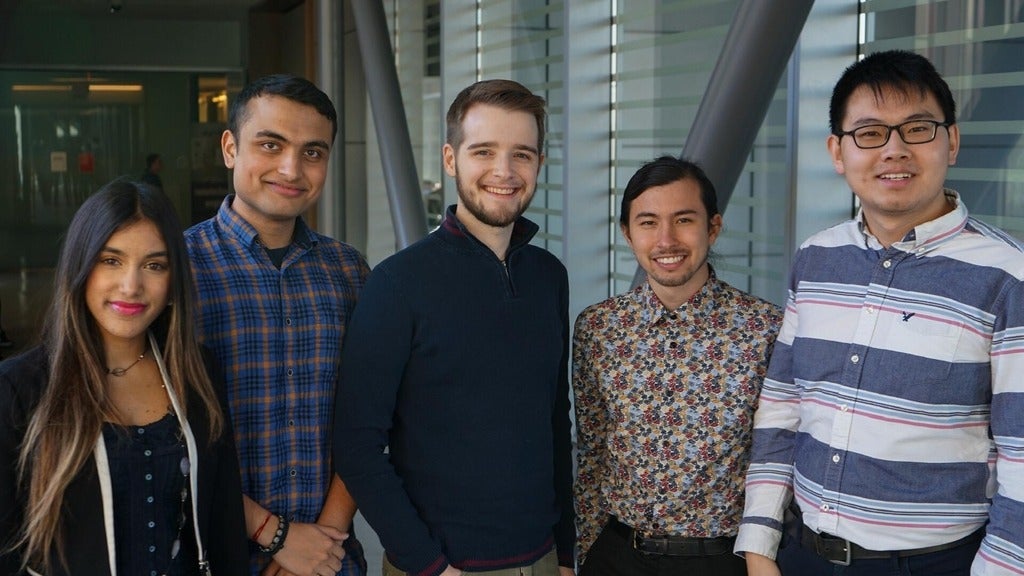WIN featured in Toronto Sun and CTV Kitchener for anti-viral surface coating research
What if you could spray away COVID-19? That’s the idea behind an anti-viral surface coating being developed in a collaborative project between by researchers at The Waterloo Institute for Nanotechnology (WIN) within the University of Waterloo and SiO2 Innovation Labs. The coating will kill the COVID-19 virus immediately upon contact with any surface.
